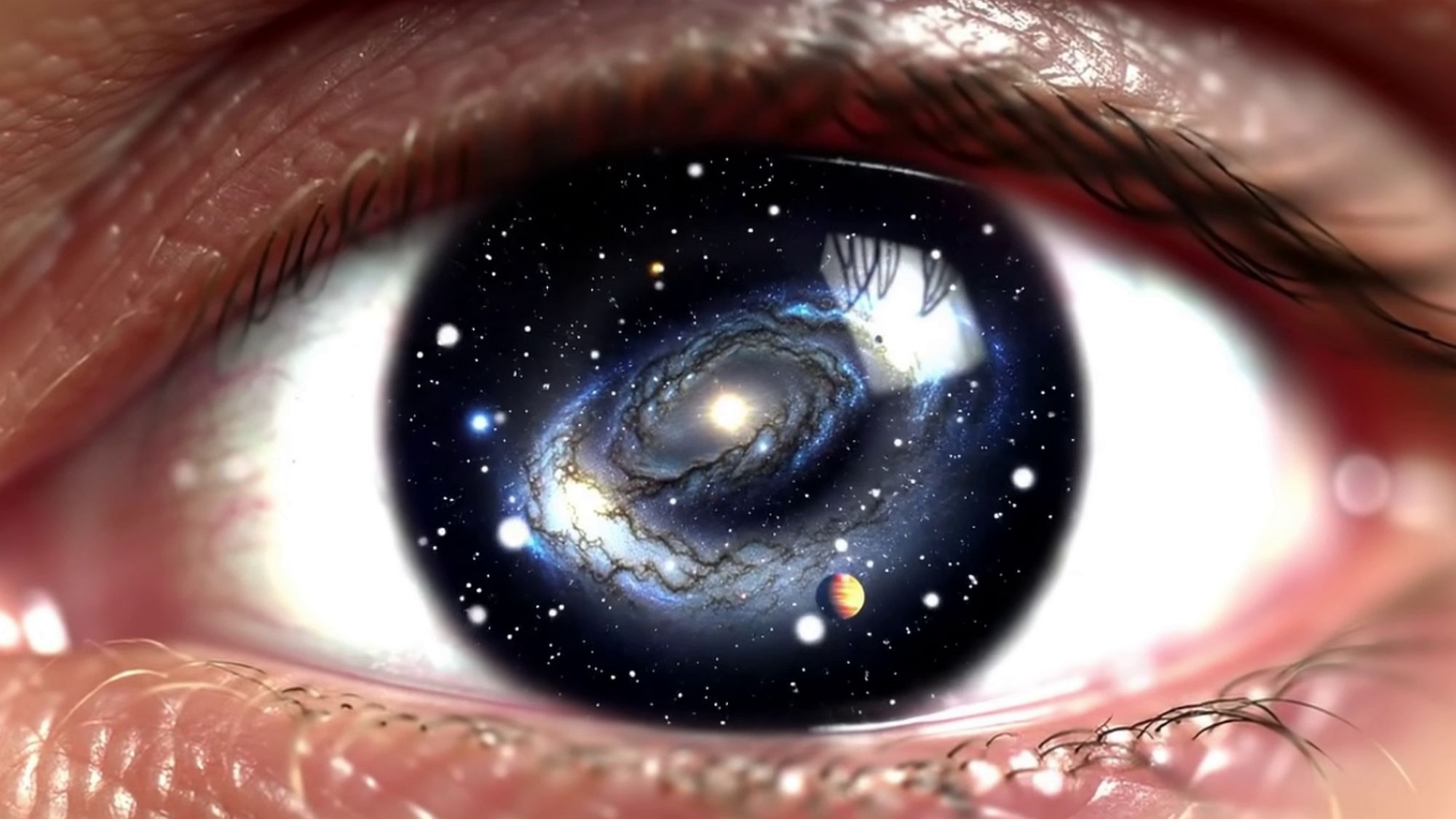“Alien lifeforms would visit Earth only if life in the universe is rare,
but then there wouldn’t be enough alien visitors to explain the countless UFO reports.”
Did Carl Sagan privately believe in UFOs, despite his public skepticism? 🤔 Dive into ‘The Sagan Paradox, Chapter 6,’ which explores Sagan’s famous argument against extraterrestrial visits and fascinating claims about his alleged private views. Investigative journalist Paola Harris shares an account from Dr. J. Allen Hynek, suggesting Sagan might have admitted to believing UFOs were real, but couldn’t risk his research funding by speaking openly. Discover the tension between Sagan’s public stance and these intriguing allegations.
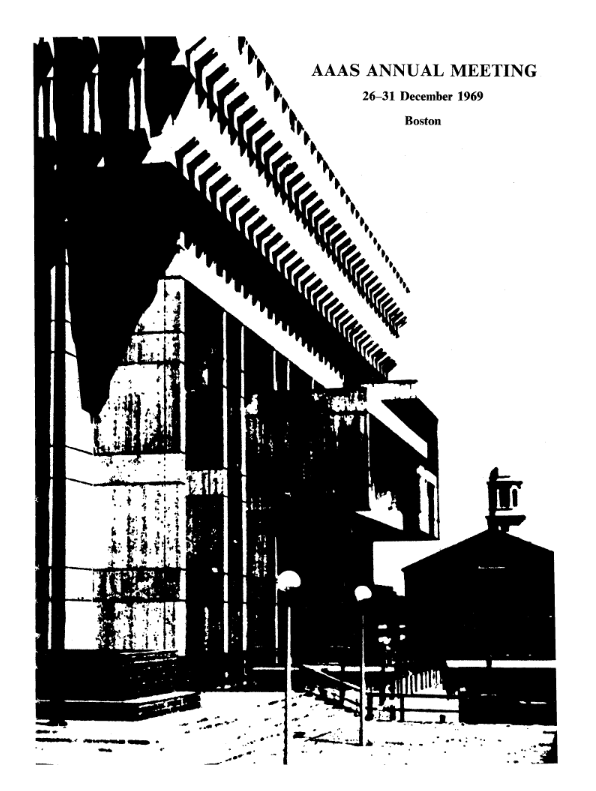
Sagan’s Defining Argument
The “Sagan Paradox” was first formulated in 1969 at an American symposium on the UFO phenomenon in Boston. Carl Sagan and Thornton Page served as co-chairs of this event. It was sponsored by the American Association for the Advancement of Science.
The title of the symposium was: UFOs – The Scientific Debate
It was here that the renowned astrophysicist Carl Sagan advanced an argument. The argument was meant to explain why there could be no extraterrestrially crewed “flying saucers.”
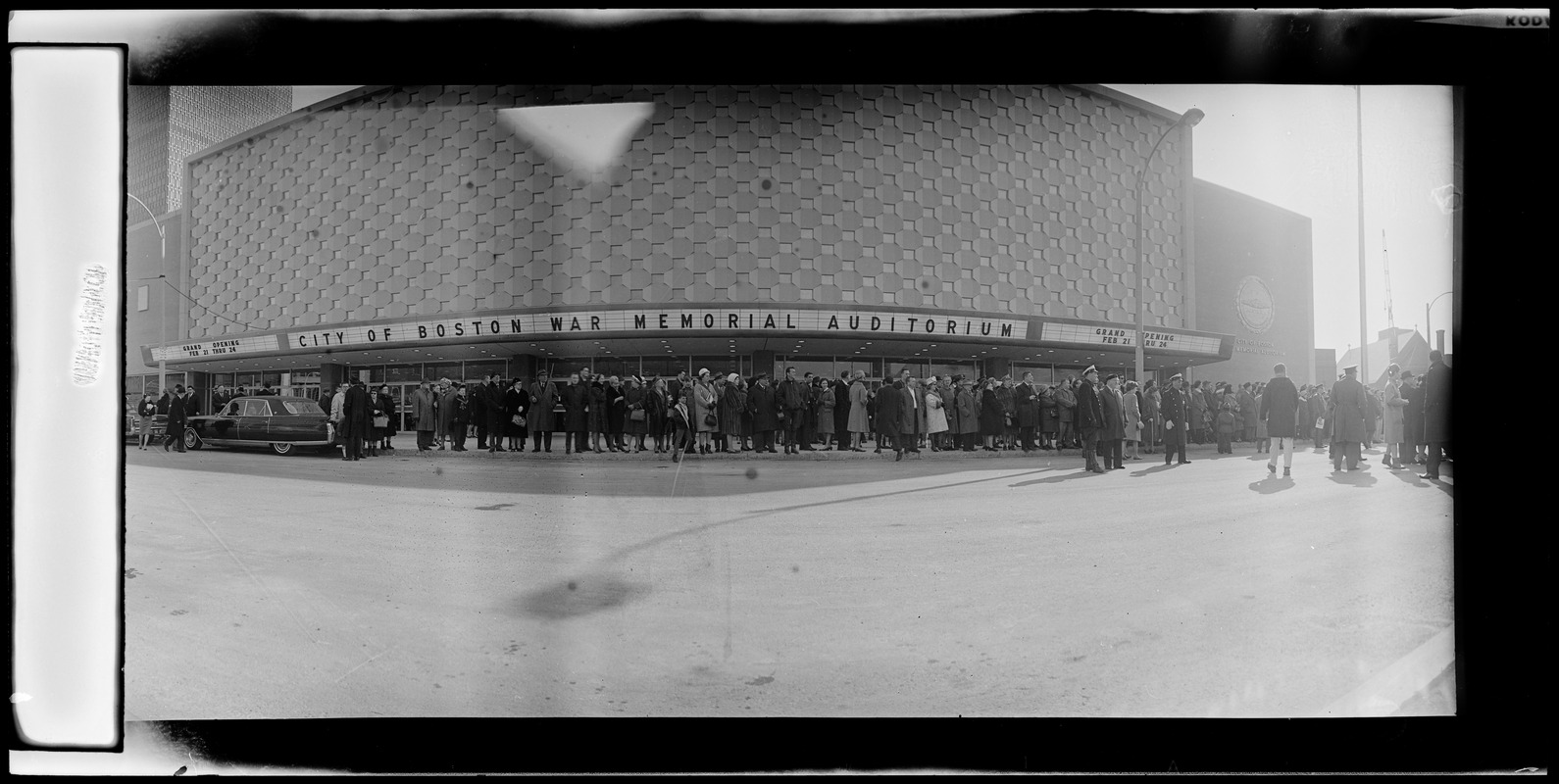
The Rare Earth Hypothesis: Sagan’s Core Premise for
“THE SAGAN PARADOX”
Carl Sagan argued that the Earth had to be somehow special in the cosmos to attract the attention of aliens. The special position of the Earth is its life on it, which Sagan said is very rare in the cosmos.
Because life in the cosmos is so rare, according to Carl Sagan, there are not enough extraterrestrial civilizations in the vicinity of the Earth. Therefore, they cannot visit us in the huge numbers that the thousands of UFO sightings every year since 1947 suggest (~2312 yearly).
On the other hand, if there were actually as many alien civilizations as the number of sightings suggests, then life on Earth would not be special. Consequently, our planet would not be worth visiting with a spaceship.
As a result, UFOs controlled by aliens could not exist but are exclusively false alerts, implied Sagan.
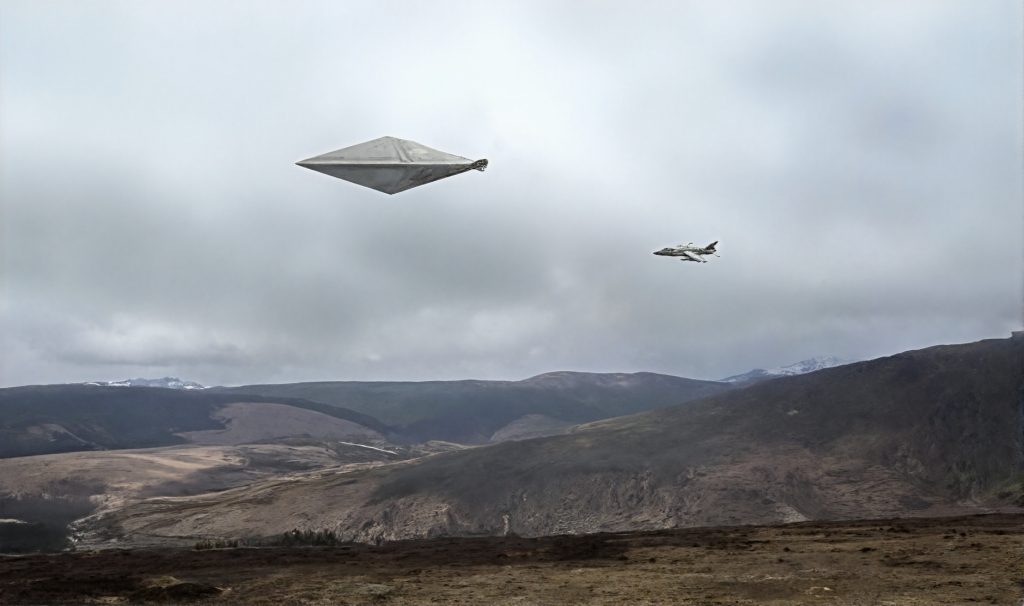
The core of this paradox, as presented by Sagan, lies in the tension between the potential number of advanced technical civilizations in the galaxy and the lack of convincing evidence for frequent visits to Earth.
Sagan’s Skepticism: Witness Testimony
Carl Sagan regarded witness evidence for UFOs as insufficient to constitute robust scientific proof. He attributed accounts to human fallibilities, including emotional desire, boredom, paranoia, and a low tolerance for ambiguity. Consequently, these factors often result in self-deception and the misinterpretation of ordinary phenomena.
Photographic Evidence
Sagan also found UFO photographs unconvincing, due to their poor quality and ease of manipulation. Moreover, the lack of physical evidence and the influence of psychological and cultural factors were concerning. They all failed to meet the high standards required for extraordinary claims under the scientific method.
Would Sagan Have Accepted the Pentagon’s UAP Videos?
What would Carl Sagan have thought of the Pentagon videos, confirming sightings of Unidentified Aerial Phenomena:?
The Legacy of Sagan’s Public Stance
Regardless of Carl Sagan’s private views, his public stance on UFOs was unequivocal. He dismissed them as either misidentifications or deliberate hoaxes. This position dominated UFO discourse for decades. Moreover, it continues to influence the field, where the default approach among many researchers remains the systematic debunking of sightings—often without thorough evaluation.
This mindset, reinforced by ‘Sagan’s Paradox’ and his famous dictum ‘extraordinary claims require extraordinary evidence,’ gave rise to a peculiar scientific orthodoxy. While the existence of extraterrestrial life is deemed plausible, any connection between UFOs and alien intelligence is treated as inherently implausible. This conclusion is enforced rather than investigated.
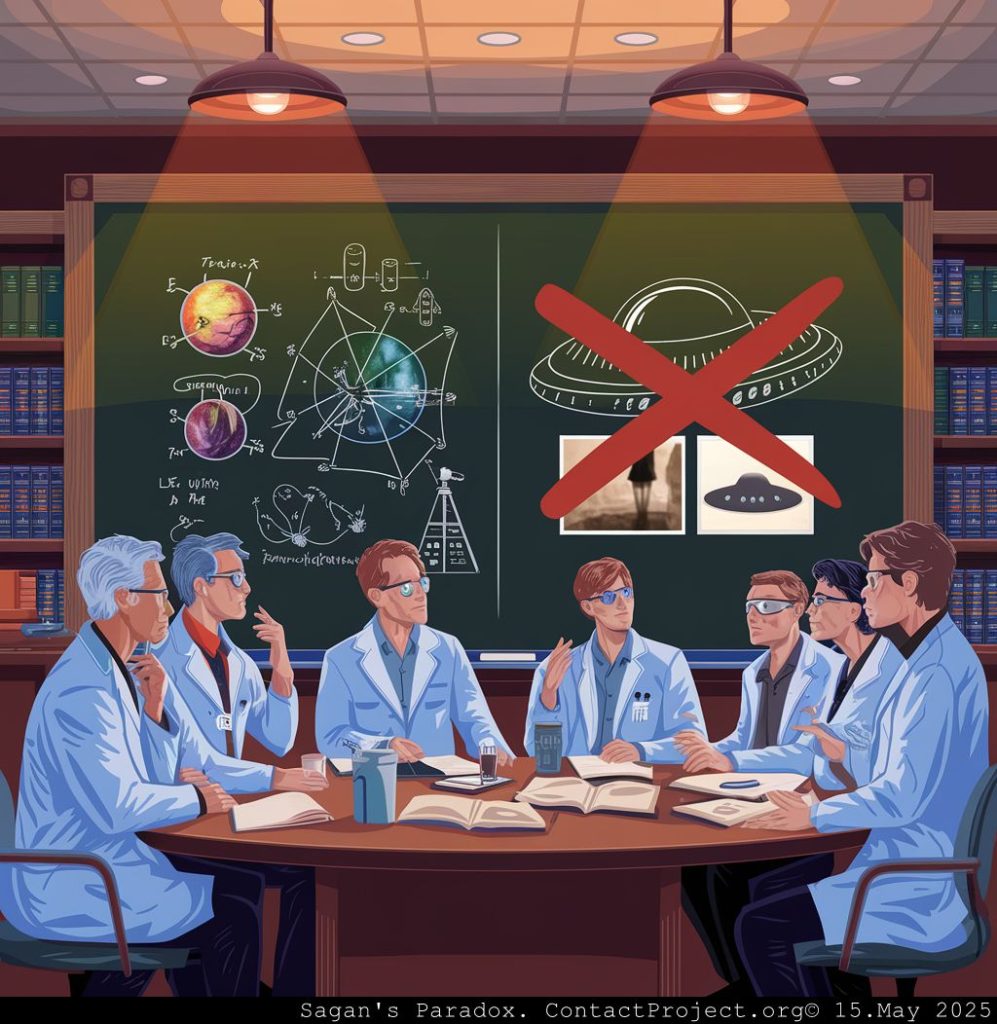
Sagan was convinced that given the number of stars in the universe—”billions and billions” as he used to say—the chances are very high that highly developed civilizations must exist. He simply doubted that emissaries from these civilizations had a habit of appearing at distant farms. He also doubted their emergence above Uncle Fritz’s garden, as popular reports often claimed.
Speaking of the back garden
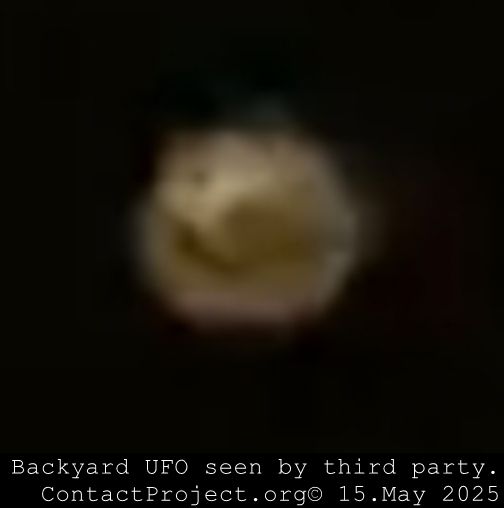
UFO sighting by Dennis & Mandy. The object was seen within just a few meters from the backyard of the authors house. The author didn’t see this UFO himself. What he and his wife did notice at night was a strange “hum”, that persisted for long periods of time.
The sound and, for instance, the UFO pictured here, remained in place for over 20 minutes. Planes don’t remain stationary for such extended periods of time.
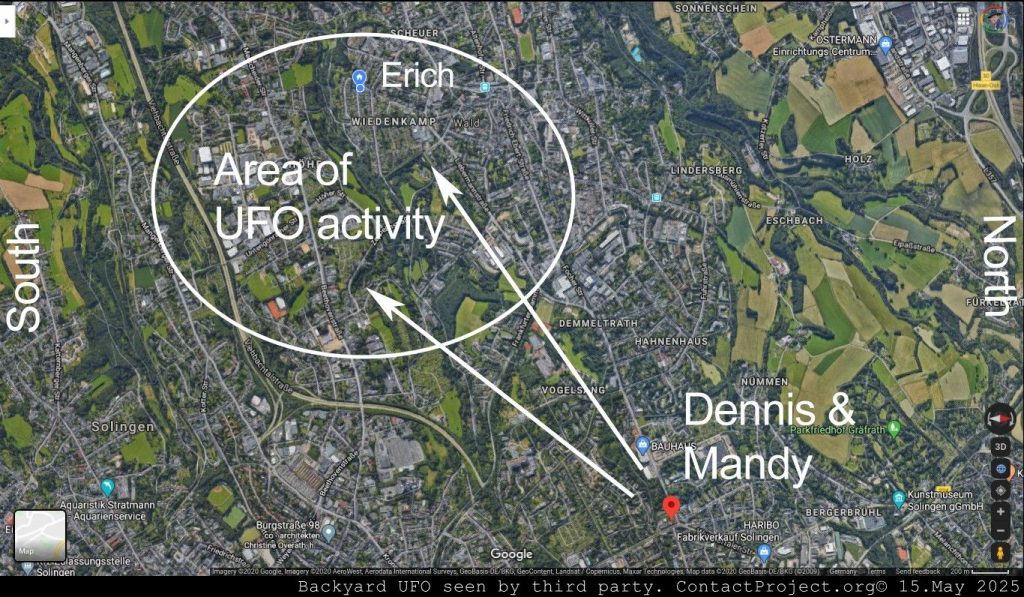
Carl Sagan’s Alleged Private Beliefs on UFOs: An Examination
“Renowned astronomer and astrophysicist Dr. Carl Sagan revealed to Dr. J. Allen Hynek that he believed UFOs were real. However, he avoided any public statements to prevent the loss of academic research funding.“
This allegation suggests a divergence between Sagan’s public skepticism and his private views.
Paola Harris’s Account: Sagan’s Alleged Admission
Investigative journalist Paola Leopizzi-Harris met astronomer, professor, and UFO researcher J. Allen Hynek in 1978 at CUFOS, the Center for UFO Studies. Upon learning Harris was Italian-American, Dr. Allen Hynek enlisted her for translation work. Moreover, she was his assistant in UFO investigations. Their collaboration occurred mainly from 1980 to 1986. This association provided her with significant exposure to UFO research and key individuals involved in the subject.
According to Paola Harris :
“My recollection is that Hynek said it was backstage at one of the many Johnny Carson Tonight shows Sagan did. He basically said (to Hynek) in 1984, ‘I know UFOs are real, but I would not risk my research funding, as you do, to talk openly about them in public.’ ”
Paola Leopizzi-Harris
This quote has been verified by Paola Leopizzi-Harris.
Another correspondent, Bryce Zabel, said Sagan had to downplay his passionate belief in extraterrestrials. This was in order to avoid being written off as a crank—a cool crank but a crank nonetheless: “The truth of the matter, to me, is that he felt giving any quarter on the UFO issue could kill his career.”
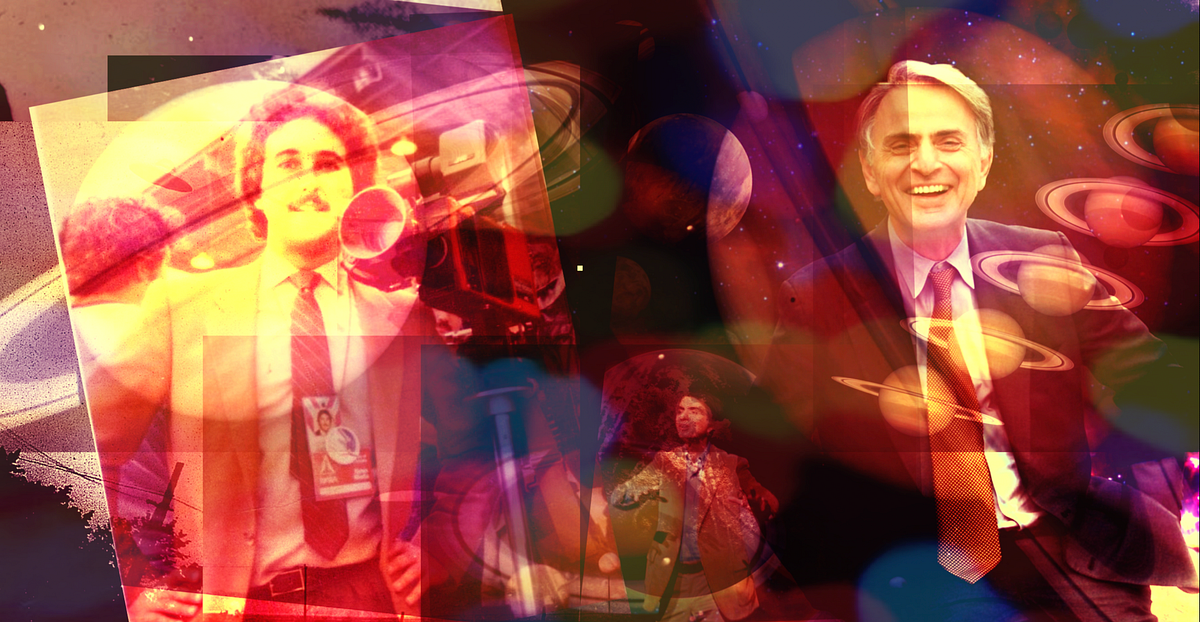
DEEP DIVE
The following is a fact check of this anecdote:
Dr. J. Allen Hynek once remarked about Carl Sagan: “I knew Carl Sagan. We had lunch one day and he said that UFOs were bunk. I asked him his thoughts on a multitude of cases and he said, ‘don’t know anything about it”. Then I said, ‘Carl, you know we scientists are not supposed to comment on anything we haven’t sufficiently studied and he said, ‘yes, I know, but I don’t have the time’.
True or false?
Reference:
UFO’s: A Scientific Debate, Papers presented at a symposium sponsored by the American Association for the Advancement of Science, held in Boston on Dec. 26-27, 1969, Pages 265 – 275, https://archive.org/details/ufosscientificde0000unse
